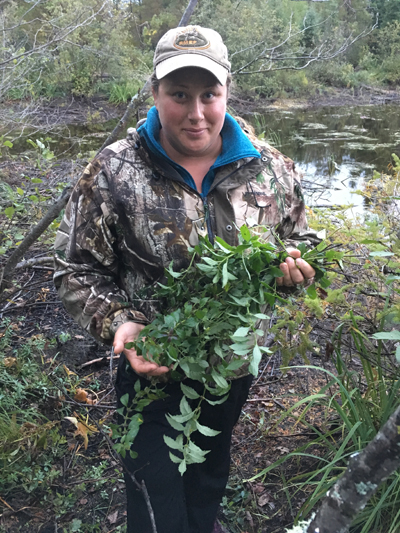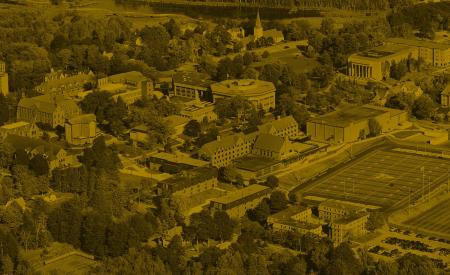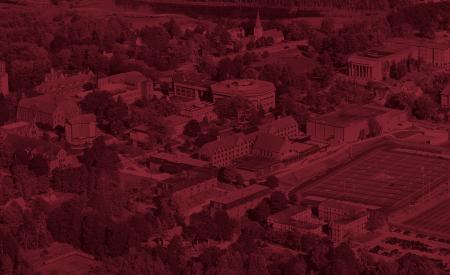Meet Geography and Environment professor Dr. Jesse Popp
 Mount Allison geography and environment assistant professor Dr. Jesse Popp is working to bring Indigenous science to the forefront. A member of the Wiikwemkoong Unceded Territory, Popp joined Mount Allison from Laurentian University where she was the first Indigenous student to complete a PhD specializing in natural sciences.
Mount Allison geography and environment assistant professor Dr. Jesse Popp is working to bring Indigenous science to the forefront. A member of the Wiikwemkoong Unceded Territory, Popp joined Mount Allison from Laurentian University where she was the first Indigenous student to complete a PhD specializing in natural sciences.
Popp started at Mount Allison on July 1 and will teach classes with a focus on Indigenous content including Indigenous Peoples: Ecology, Science, and Technology (GENS 3991), Seminar in Environmental Issues: Indigenous Perspectives (GENS 4991), and Indigenous Knowledge Systems (ANTH 3031). She also plans to expand her active research program from Ontario to include Atlantic Canada.
“I’m a wildlife ecologist. I study population ecology and work to weave Indigenous and Western science together in my work,” she says. “I’m very proud to be at Mount Allison and assisting with pioneering in this field on campus. I’m glad that Indigenous science is being valued here.”
Indigenous science incorporates Indigenous knowledge and tradition as part of its discipline. Much of this oral history and knowledge is passed down from generation to generation in Indigenous communities, providing a long-term dialogue of a culture with direct links to nature. Popp’s work seeks to use the strengths of both Indigenous and Western science practices in her teaching and research.
Popp has worked collaboratively with individuals and communities across North America and is looking forward to starting this process in the Atlantic region.
“A big part of my work is gathering knowledge from Elders and learning what they have to say about things that are happening in the environment,” she explains. “I studied moose population decline in Ontario and worked with Indigenous communities to develop a mobile app that tracks moose population trends while incorporating Indigenous knowledge from land users.”
Popp says she hopes education around Indigenous science and knowledge will be very hands on for students.
“Looking at environmental issues through an Indigenous lens and with this knowledge gives students a valuable experiential learning opportunity,” she explains. “More education is needed around Indigenous science and I’m glad to play a role in this for Mount Allison.”



